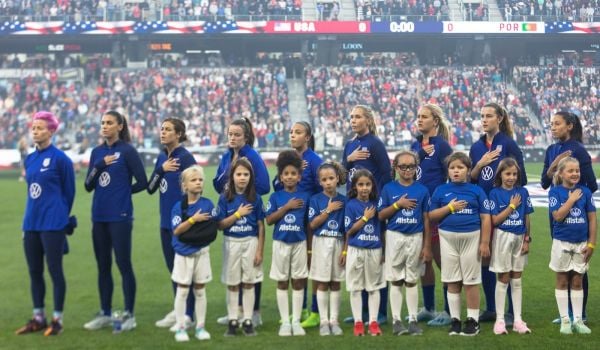The latest incarnation of the Cities Vs. Stadiums saga centers on public transit. In May, the Mercury News reported that the San Francisco 49ers, who manage Levi’s stadium, had not responded when the Santa Clara Valley Transportation Authority asked for financial help covering trains forced to run late due to a U2 concert. The agency was, to put it mildly, not happy. Now, Metro in Washington D.C. is making clear that it will only run after normal operating hours if the Washington Nationals pay for their late-night hours.
The night games are expected during the upcoming Division Series, Washington’s Top News reports. Jack Evans, Metro board chair and D.C. council member, told the news source that it’s up to the Nationals to pay for the late night hours. “If they choose not to pay, then it will not stay open and it is not Metro’s fault, so we don’t want to get Metro booed at one of these games again,” he said.
His statement is a response to an incident last year, when Metro barred extended hours for events during an ongoing maintenance program, despite requests from Mayor Muriel Bowser and Nationals pitcher Max Scherzer. The announcement led to loud boos for Metro at Nats Park during one game, DCist reports. According to WTOP, fans also chanted “Metro sucks.”
Now that the maintenance work is over, Metro’s policy requires that an event organizer pay a deposit of $100,000 for every hour of additional service outside of regular operating hours, according to DCist. The organizer is refunded however much of their deposit is made back in fares. The deposit has risen significantly — it used to be $29,500 per hour — but even when the fee was lower, the Nationals were still generally reluctant to pay, WTOP reports, and relied on outside groups, like American University, with which they had a partnership, to pitch in.
According to DCist, extending the trains’ operating hours is a tricky undertaking.
“Keeping the system open is not just a matter of running a few extra trains through Navy Yard,” a Metro spokesperson explained to the news source in 2012. “You have to keep all 86 stations open and keep trains running on all five lines — serving every station. That’s an employee count in the hundreds.”

Rachel Dovey is an award-winning freelance writer and former USC Annenberg fellow living at the northern tip of California’s Bay Area. She writes about infrastructure, water and climate change and has been published by Bust, Wired, Paste, SF Weekly, the East Bay Express and the North Bay Bohemian
Follow Rachel .(JavaScript must be enabled to view this email address)


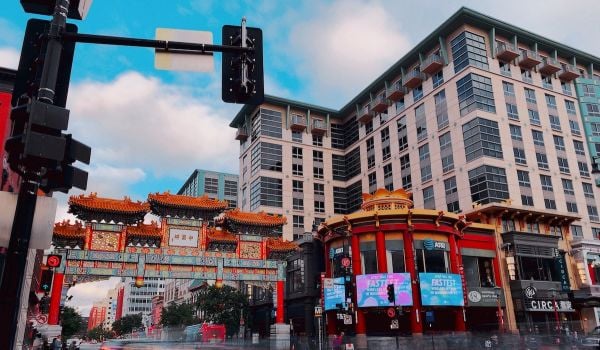
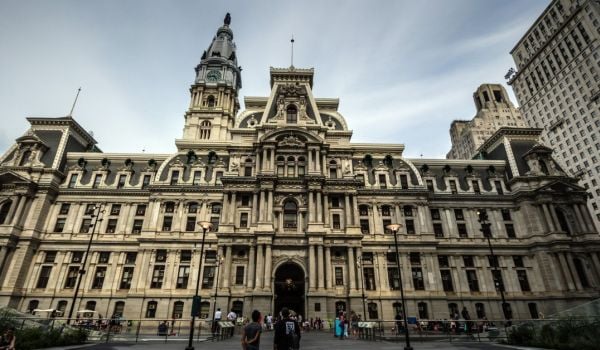

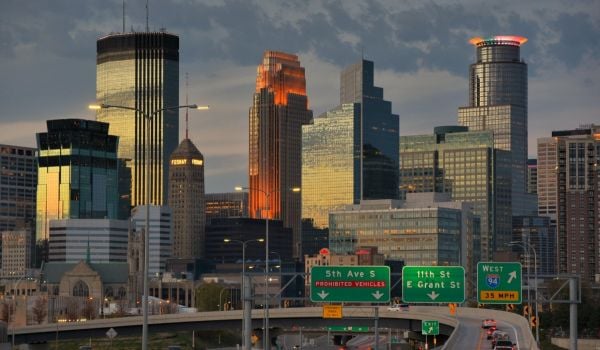
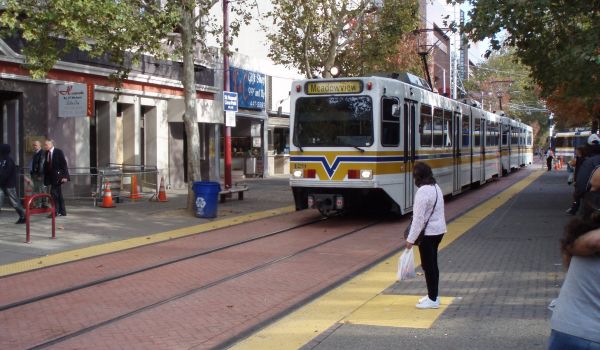
_600_350_80_s_c1.jpg)

